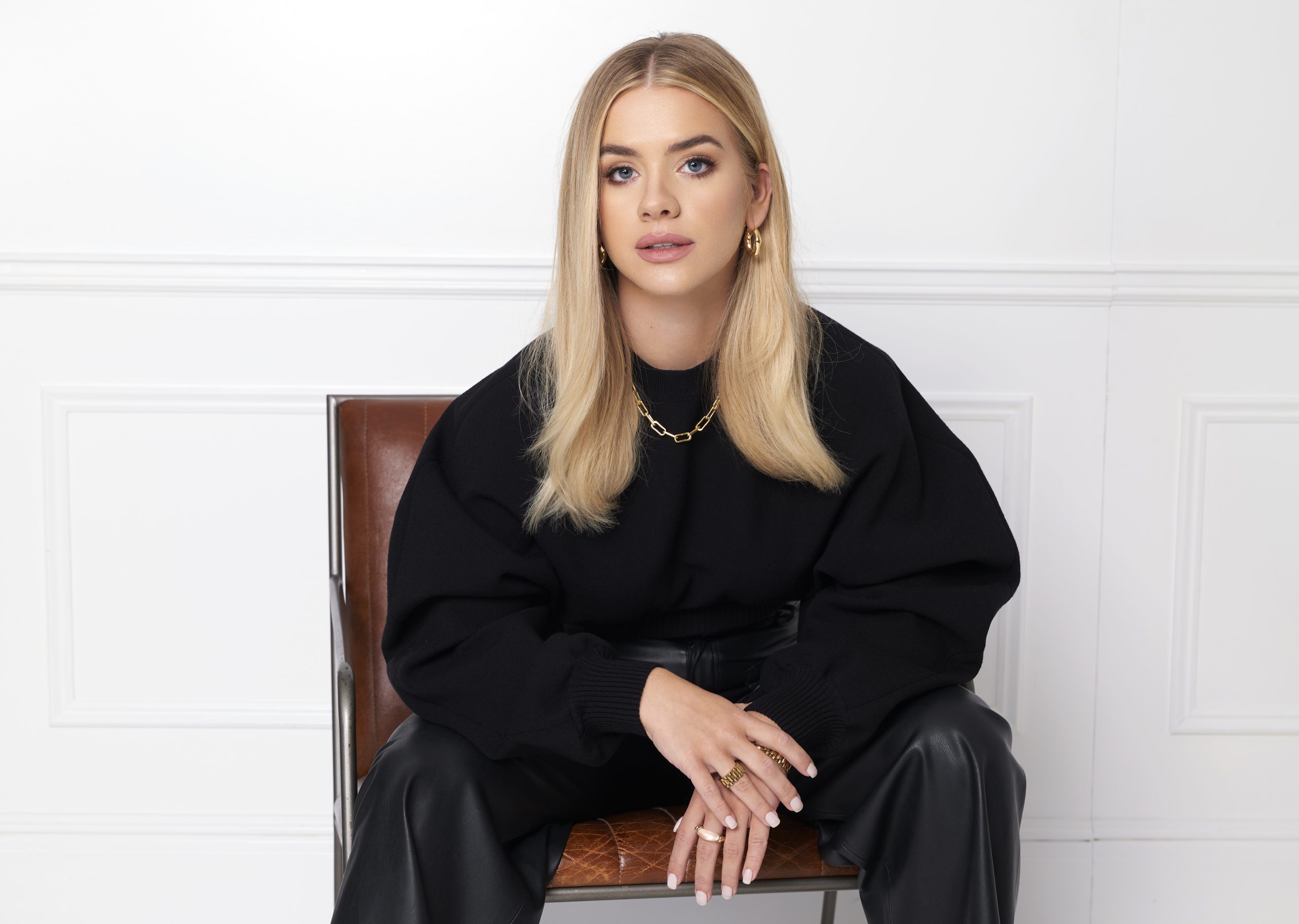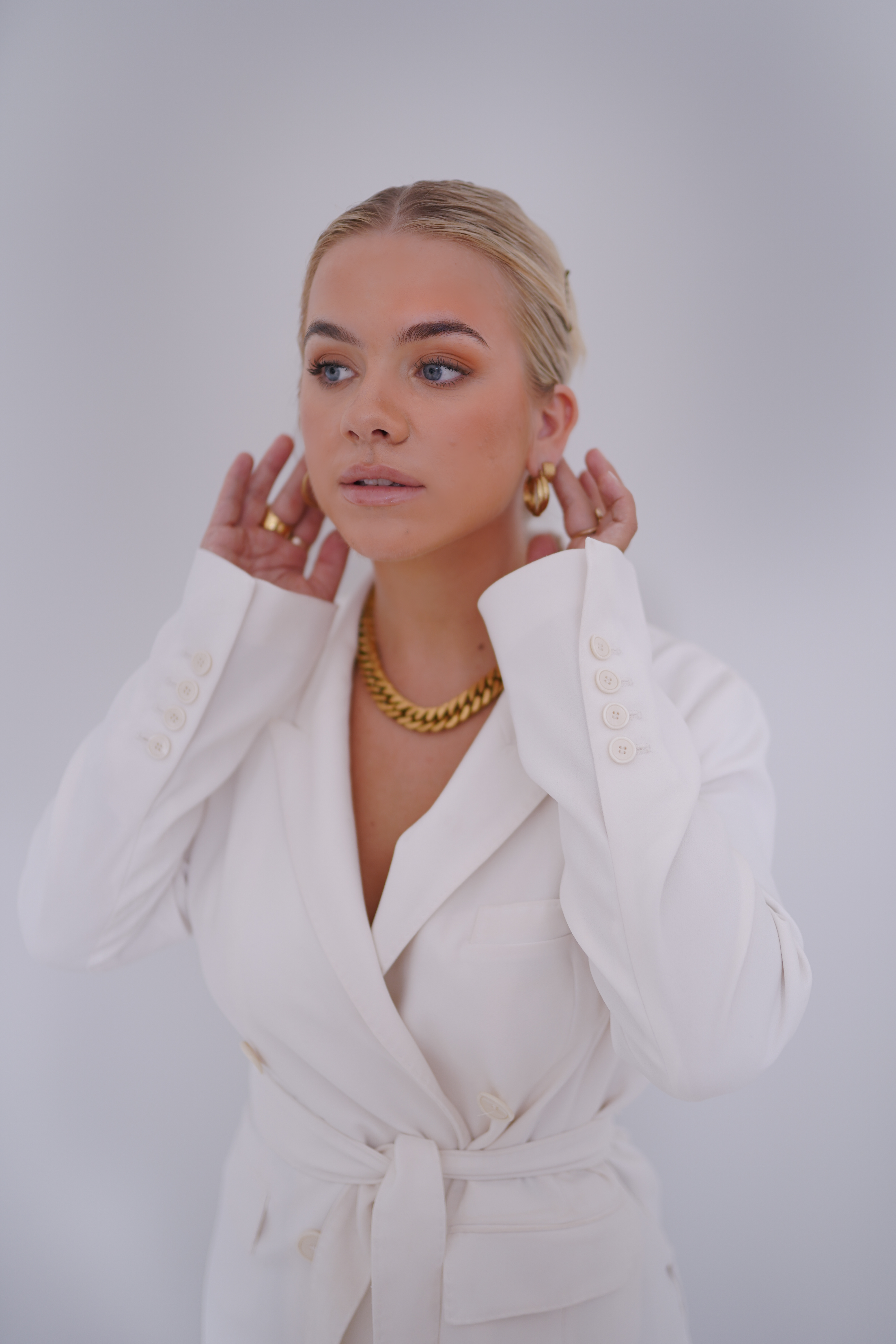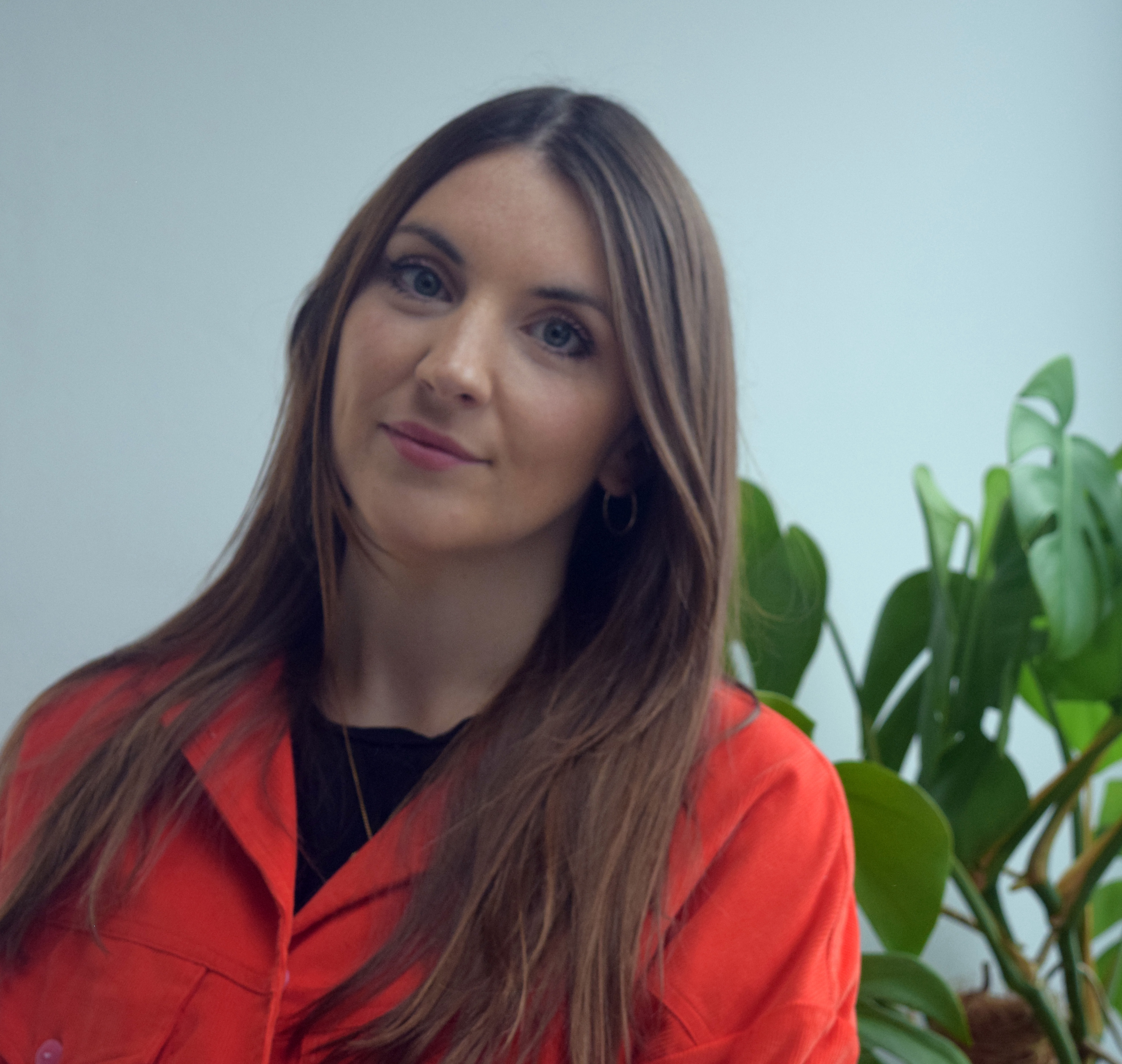TALA CEO Grace Beverley on how to get investment for your business and live your values, too
Earlier this year, Beverley secured an incredible $5.7m (£4.2m) worth of investment for her sustainable activewear brand TALA - here, she shares her advice for fellow female entrepreneurs


Celebrity news, beauty, fashion advice, and fascinating features, delivered straight to your inbox!
You are now subscribed
Your newsletter sign-up was successful
Earlier this year, Beverley secured an incredible $5.7m (£4.2m) worth of investment for her sustainable activewear brand TALA - here, she shares her advice for fellow female entrepreneurs
In just a few years, 25-year-old Grace Beverley has grown from fitness influencer to a leading voice in business. After officially founding TALA in 2019 (while completing her degree at Oxford University, we might add), the company has sold more than 530,000 products, with new styles regularly selling out within minutes.
Grace has also become a #1 Sunday Times Bestseller for her productivity bible, Working Hard, Hardly Working, runs fitness transformation platform Shreddy, and in 2020 appeared on Forbes prestigious 30 under 30 list.
TALA’s elegant, pastel-hued activewear aims to provide “sustainable style without compromise”. It’s a mission Grace takes seriously, with the brand saving almost 3.5 million litres of water, over 220,000kg of CO2, and recycling almost 70,000 water bottles in its first year alone.
Bucking the trend of underfunded female-led startups, Grace recently secured £4.2m of investment to help take her business to the next level. Wondering how to get investment for your business? It's simple enough, she reckons. We caught up with the fitness entrepreneur to find out how she did it and how you can do it too.
Grace Beverley on how to get investment for your business: "Follow your gut - it will show you where your integrity is."
Why do you think there is a funding gap for female entrepreneurs?
This is a big question — but society and business as a whole are unequal, so of course, the funding sector is going to reflect this trend, especially given the financial arena as a whole is dominated by men. In HBR’s write-up on the funding gap, they suggest the pandemic also made investors more likely to stick to their existing networks, i.e. a “boys’ club”, making it tougher for women to break into.
And when going outside their networks, investors may seek the same kinds of companies they’ve supported in the past — often tech companies led by men. So, it’s a self-perpetuating cycle. There is a total lack of education and information on funding and investment opportunities which needs to change (and fast!) Until I was fully immersed in the process myself, I didn’t know either. For most (and I include myself in this) it can be a very scary place. I hope that by speaking about it more — and the realities of the process — I make funding more visible, and less intimidating.
Celebrity news, beauty, fashion advice, and fascinating features, delivered straight to your inbox!
What needs to change in order for this gap to close?
Well, we need to look at gender issues across the board — and then specifically to women in business, and women in funding.
Conversation is crucial. How can we expect women to grow and scale businesses when the landscape isn’t easy for them?
Let’s open up discussion, have uncomfortable conversations and put tangible plans in place to overturn the systemic issues at play. Accessibility is the main problem here — this needs to change for the gap to close. I hope to personally make a positive difference now I’m through the funding process, and out the other side.
What are the different steps you need to take when looking for investment?
Create a pitch deck (I shared my full deck with a talk through on YouTube!), outreach to as many investors you align with as possible, talk to other founders where possible to get introductions to their investors, and pitch. For some funds, we had one meeting before a term sheet [the conditions of a potential business agreement] and for others, we spent a good few hours over a few weeks answering questions and preparing reports for them, as well as creating a three-year financial model.
Once you get term sheets, it's all about agreeing heads of terms and then heading into an exclusivity period while due diligence is performed before the round closes. This usually covers everything from handing over your finances, to answering hundreds of questions on growth strategy and brand stance. My funding round was co-led by Active Partners and Venrex who were invaluable support throughout.

What are the most important elements of a good pitch?
A clear vision of where you currently are within the business, and an even clearer vision of where you want to go.
Of course, you need to present exceptionally well and know your business (and sector) inside out, but you must be razor-sharp with your successes to date and have clear goals for what investor spend will achieve in the future. I shared my full pitch deck on YouTube to try to combat a lack of visibility of real, proven decks within the business space.
Where or who do you turn to for advice or feedback when it comes to fundraising?
Honestly, most of it was received from investors as we went through the round. We learned what worked and what didn't as we went along. I am also very fortunate to have an experienced Managing Director as my partner in crime who has raised before.
Investors were pretty honest throughout with what came across well and what didn't! My gut really led me through the whole round, and we got a lot of credit for sticking to our guns with how we did and didn't want to grow.
Once you’ve been offered investment, what are the key things you should consider before accepting?
Many things — but for me the people investing were as important, if not more important than the finance itself. Active Partners and Venrex are known as very founder-friendly funds, and they also have unrivalled experience in the consumer sector which was high on my priority list alongside the values they hold in regards to our ethos.
I am also very proud to have found female angel investors to support the growth of TALA, including Nicola Kilner (CEO & Founder, Deciem) and Michelle Kennedy (CEO & Founder, Peanut). We have a majority female customer base, team, and company board (66%) so it was vital to ensure our new investors reflected the TALA values. This consistent culture is crucial to our success and essential for the next growth stage of the business.
What advice would you give to women when it comes to growing your business?
Find the right balance between growing organically and carefully, but also pushing for progress at the right times. There is a sweet-spot between the two.
And follow your gut! It will show you where your integrity is.
What has been your biggest learning so far from running your business?
Too many to count! But the ones I use every day are delegating, and time-blocking — to achieve a happy personal life, as well as an efficient professional life.
